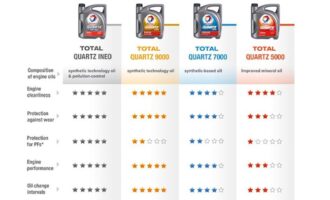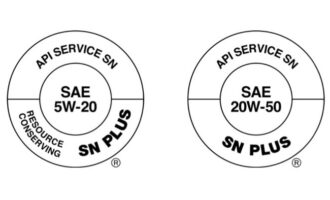
COAT provisional licensing to stay in place, says API
The ASTM Caterpillar C13 Oil Aeration Test (COAT) measures the ability of a diesel engine to prevent aeration. On May 8, 2018, due to the unavailability of an ASTM D8047 (COAT) test stand to qualify oils against these standards, the American Petroleum Institute (API) invoked provisional licensing for API CK-4 and API FA-4.
A December 2018 update from API confirms that COAT provisional licensing remains in place. Kevin Ferrick, senior manager of API’s Engine Oil Licensing and Certification System (EOLCS), reported that API has agreed to fund a matrix of nine COAT tests “to establish tie back to the matrix run when API adopted COAT as one of the tests used to define API CK-4 and FA-4.” Once the COAT Surveillance Panel has confirmed the tie-back and test availability, provisional licensing will be removed, he told ASTM International last week in Atlanta, Georgia, U.S.A.
API CK-4 and API FA-4 were developed to better protect new and older engines, improve engine oil performance, and help engine manufacturers meet 2017 U.S. federal government emissions standards. API licensing of API CK-4 and API FA-4 began on 1 December 2016. API CK-4 provided a number of improvements over API CJ-4, including improved shear stability, oxidation resistance and aeration control, while also being backward compatible. API FA-4 is only intended for use in newer on-highway diesel engines, with limited or no backward compatibility with on and off-highway diesel engines where engine manufacturers recommended API CJ-4.
Oxidation control is critical for modern engines operating at higher temperatures to minimise wear, particulate filter blocking, and lessen piston deposits. Sheer stability was previously highlighted as an issue following a drop in viscosity in some multi-grade products during service, the oils becoming thinner and less protective. OEMs sought products that would better withstand shear loss and maintain stated viscosity levels.









